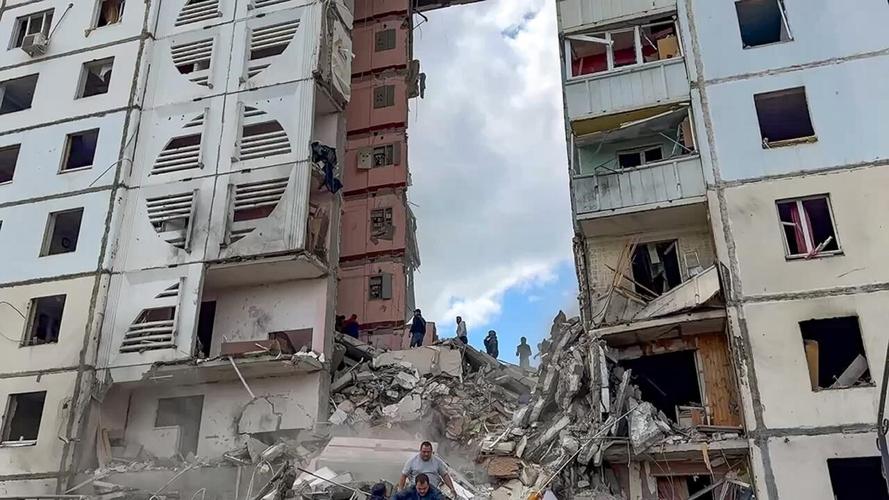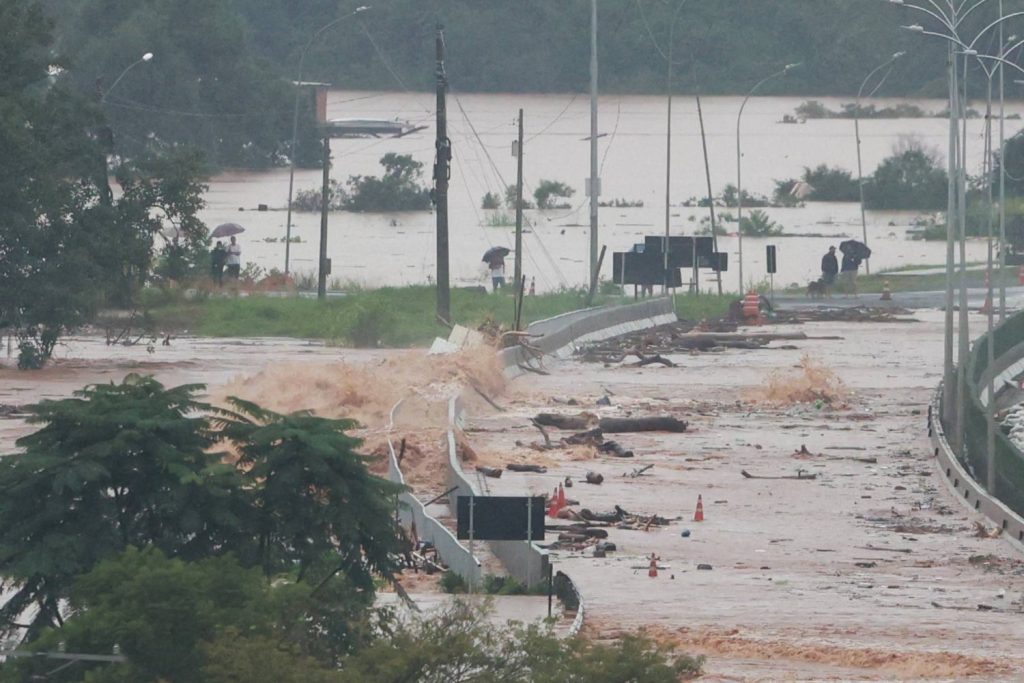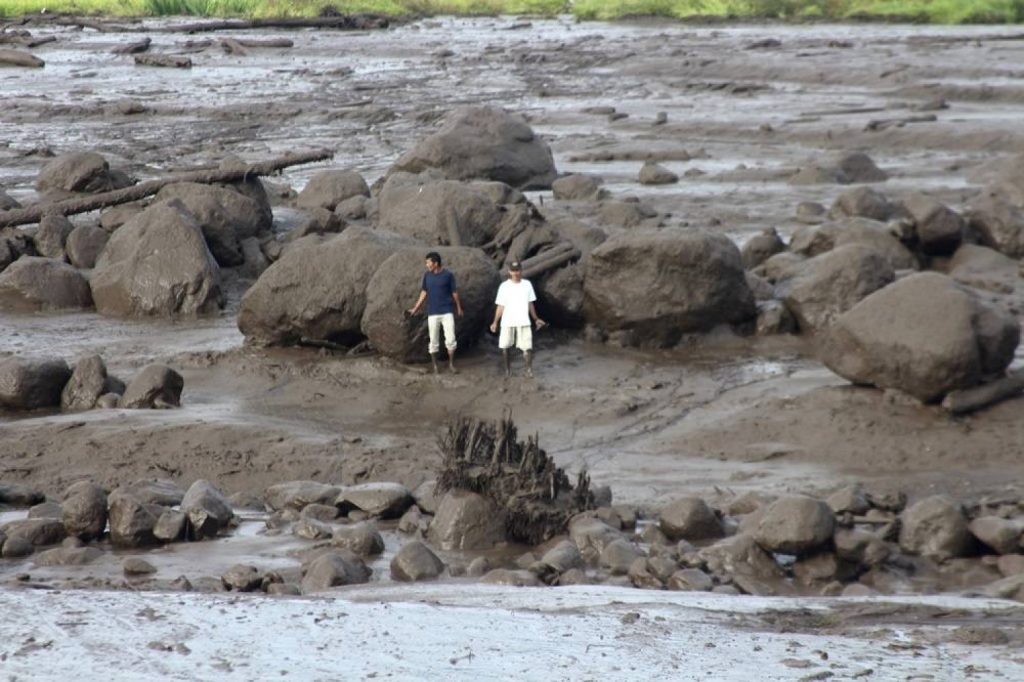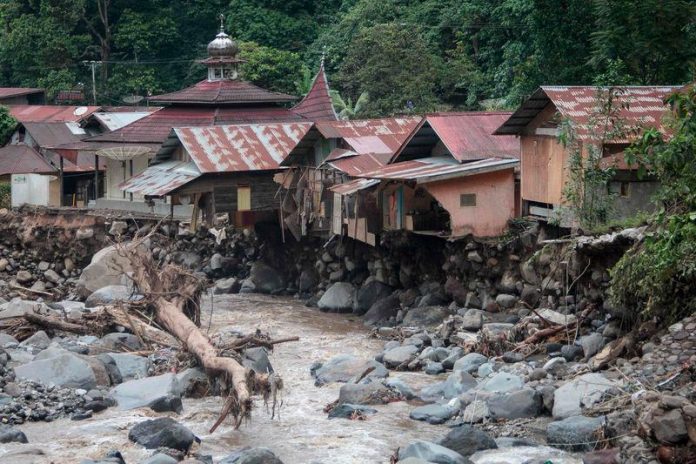Over the weekend, Indonesia and Russia were both hit by devastating disasters, leaving behind trails of destruction and claiming lives. In Western Indonesia, torrential rain triggered flash floods and cold lava flows from Mount Marapi, while in the Russian border city of Belgorod, a building collapse resulted from fragments of a missile strike. These tragic events serve as reminders of the unpredictable forces of nature and the grim realities of conflict.
In Western Indonesia, the aftermath of hours of relentless rain paints a grim picture. At least 41 lives have been claimed, with 17 individuals still missing. The deluge swept ash and debris down Mount Marapi, exacerbating the devastation caused by the most active volcano on Sumatra island. The districts of Agam and Tanah Datar bore the brunt of the disaster, leaving hundreds of thousands of residents grappling with loss and destruction. Despite the valiant efforts of rescue teams, hampered by damaged roads and treacherous conditions, the search for survivors continues. The eruption of Mount Marapi in December had already claimed over 20 lives, underscoring the perpetual threat posed by natural disasters in the region.
Meanwhile, in Belgorod, Russia, a scene of chaos unfolded as a building collapsed under the impact of a missile strike. Thirteen people lost their lives, with 20 others injured in the tragic incident. Amidst the rubble, rescuers worked tirelessly to locate survivors, while Russian officials scrambled to ascertain the extent of the damage. The governor of Belgorod, Vyacheslav Gladkov, condemned the “massive bombings” by the Ukrainian Army, attributing the building collapse to direct shell fire. The Russian Defence Ministry confirmed that the building was struck by fragments of a downed Tochka-U TRC missile, further escalating tensions in the conflict-stricken region.
These dual tragedies serve as stark reminders of the fragility of life and the indiscriminate nature of calamities, whether natural or man-made. Beyond the immediate loss of life and property, they underscore the urgent need for preparedness, resilience, and international cooperation in the face of adversity. As communities mourn their loved ones and grapple with the aftermath of destruction, the global community must stand in solidarity, offering support and solidarity to those affected by these tragic events. In the midst of darkness, may hope and solidarity serve as guiding lights towards recovery and renewal.





